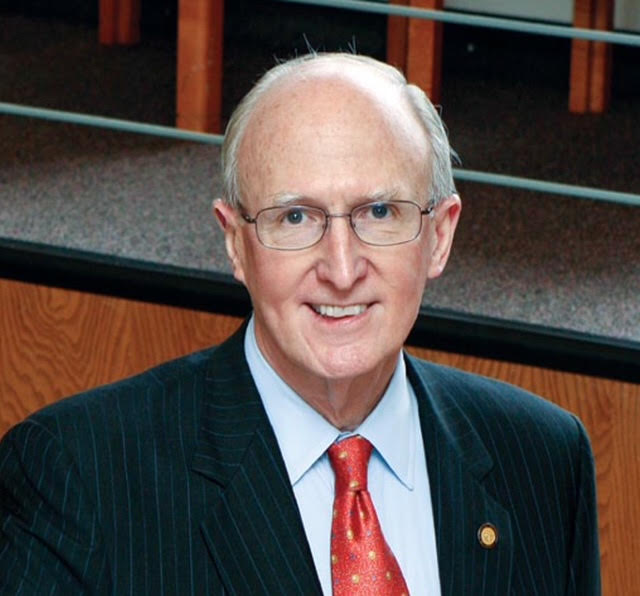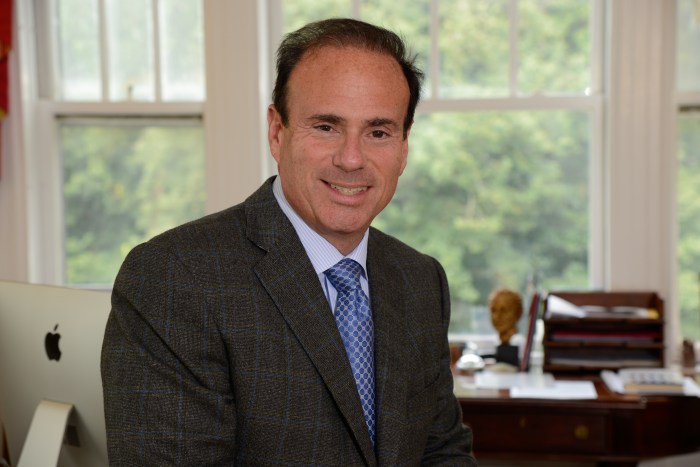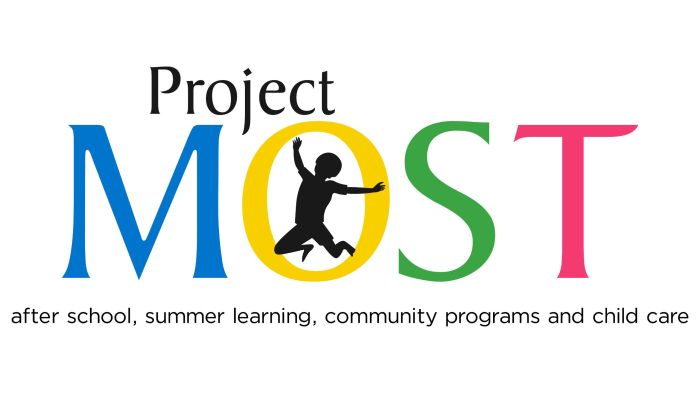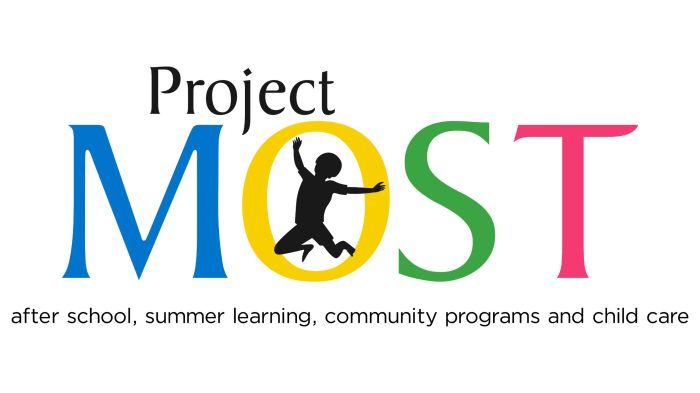 These days, there are plenty of ways for us to improve our appearance. If we don’t like something about the way we look, we can camouflage it, or even correct it with botox, facial peels or cosmetic surgery. And, of course, everyone is fascinated by the concept of the makeover—the dramatic transformation shown in those “before” and “after” pictures.
These days, there are plenty of ways for us to improve our appearance. If we don’t like something about the way we look, we can camouflage it, or even correct it with botox, facial peels or cosmetic surgery. And, of course, everyone is fascinated by the concept of the makeover—the dramatic transformation shown in those “before” and “after” pictures.
The Jewish way of life encourages health and beauty: we are obligated to take care of our bodies, to make ourselves presentable and to dress elegantly for the Sabbath and holidays. Though it’s true that “beauty is only skin deep,” one’s skin can reflect what lies beneath it; on a physical level, what goes on inside the body is often manifested through the skin.
For a bit of spiritual perspective, let’s take a step back into Biblical times. In the Bible, we read that a person with the skin condition called leprosy was considered impure and would be sent to live outside of the main camp until the priest declared him pure again.
In effect, this skin condition was a symptom of something deeper—the Almighty’s way of alerting someone that inner work needed to be done. While in isolation, the afflicted person was to examine his behavior. In particular, he was to examine his speech and work to avoid speaking derogatorily about another person—even if he spoke the truth. Once this individual’s speech was corrected, his skin would completely heal and he could once again rejoin the community.
To the modern reader, this may seem hard to relate to. Here’s how we are meant to apply this narrative to our own lives.
Our skin is the permeable barrier between our inside and our outside. It represents our boundaries, our choices about what we decide to let in and what we resolve to keep out. The faculty of speech is the channel through which we bring our inner thoughts to the outside world. Words are like arrows: once they are released, they cannot be recalled and the harm they do cannot always be predicted, for words, like arrows, often go astray. Consciously choosing to use positive speech has a beneficial effect on us and enhances our interpersonal relationships.
By exercising self-discipline and self-control, we can achieve a spiritual transformation—an inner makeover that reflects outward, through our skin and our entire being.
As we slowly leave our self-isolations and return to our normal lives in the turbulent aftermath of the coronavirus, it is fitting that we consider methods of self-improvement. We might even consider it a “Festival of Freedom,” determining to clean out every crumb of conceit and self-importance. When we sincerely work to eradicate our faults, we become liberated from our bad habits and limitations. We can then look outside of ourselves and connect more deeply with our families, friends and communities. Just as we try to be scrupulous about what we put into our mouths, each and every day, we must be vigilant about what comes out of our mouths!
During a typical summer, we engage in favorite hobbies, go on vacations, visit far-away relatives and renovate our homes. Our lifestyles get a makeover and hopefully, so do we, from the inside out. Through our self-improvement efforts, may we merit miraculous transformations in our own lives and the lives of all those around us, and may the world shine with beauty, truth and lasting peace. Amen.
Rabbi Moshe Weisblum is the spiritual leader of Congregation Beth Tikvah, located in Wantagh































